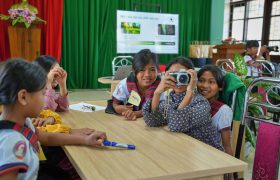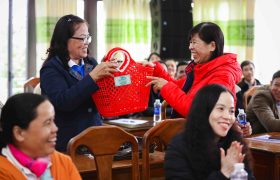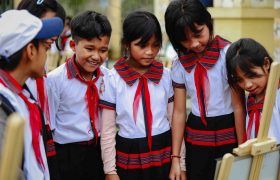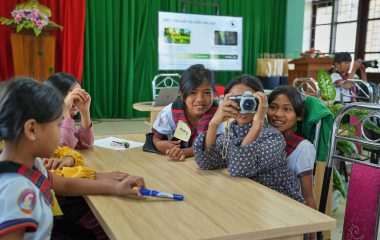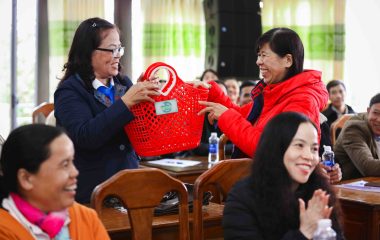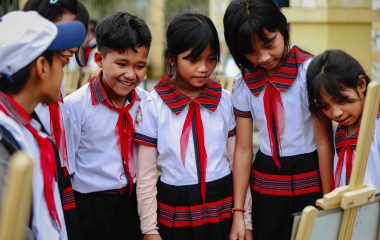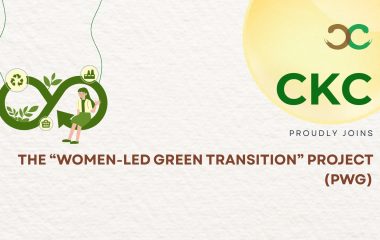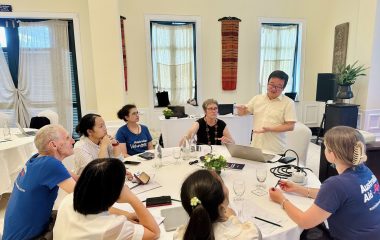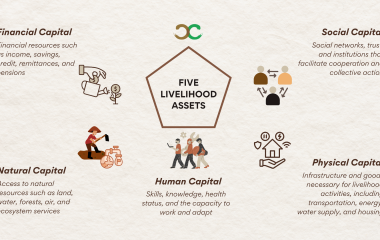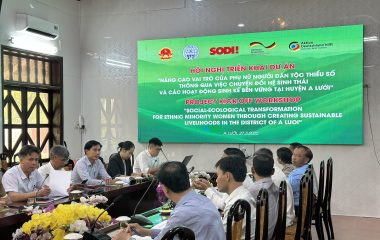“Promoting Dialogical Social Impact Assessment and Gender Impact Assessment for Sustainable Hydropower Development in the Vietnam Central and Central Highlands”
- 20 May, 2019
- ckcvietnam
From 9 to 11 May 2019, Center for Knowledge Co-creation and Development Research (CKC) in collaboration with the Institute of Social Science of the Central Region (ISSCR) held a workshop “Promoting Dialogical Social Impact Assessment and Gender Impact Assessment for Sustainable Hydropower Development in the Vietnam Central and Central Highlands”. The workshop was initiated by three Australian Government Scholars alumni in Vietnam (Australia Awards Vietnam) and was funded by the Australian Government through the Australian Alumni Support Fund. The workshop was taken place at the Meeting Hall of ISSCR, Da Nang City.
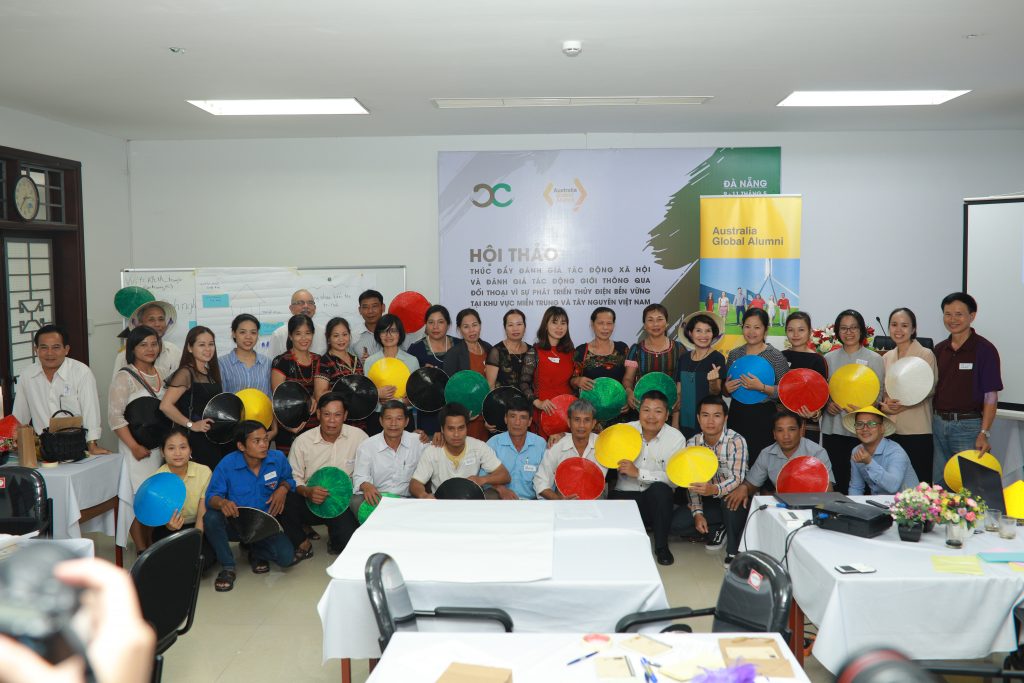
For more than ten years, the Center for Social Research and Development (CSRD) has worked with development partners and hydro-affected communities in Central and Central Highlands of Vietnam to promote social and gender impact assessments to create positive changes for people and stakeholders. Center for Development Research and Knowledge Creation (CKC) using the research results of CSRD continues to promote the implementation of dialogue models between stakeholders in social impact assessment and gender. This workshop aims to promote cooperation dialogues among stakeholders to assess social impacts and gender impacts in hydropower development and strengthen support for sustainable development of disadvantaged communities in this region. Lateral thinking, social impact assessment and gender impact assessment were the main contents of the conference.
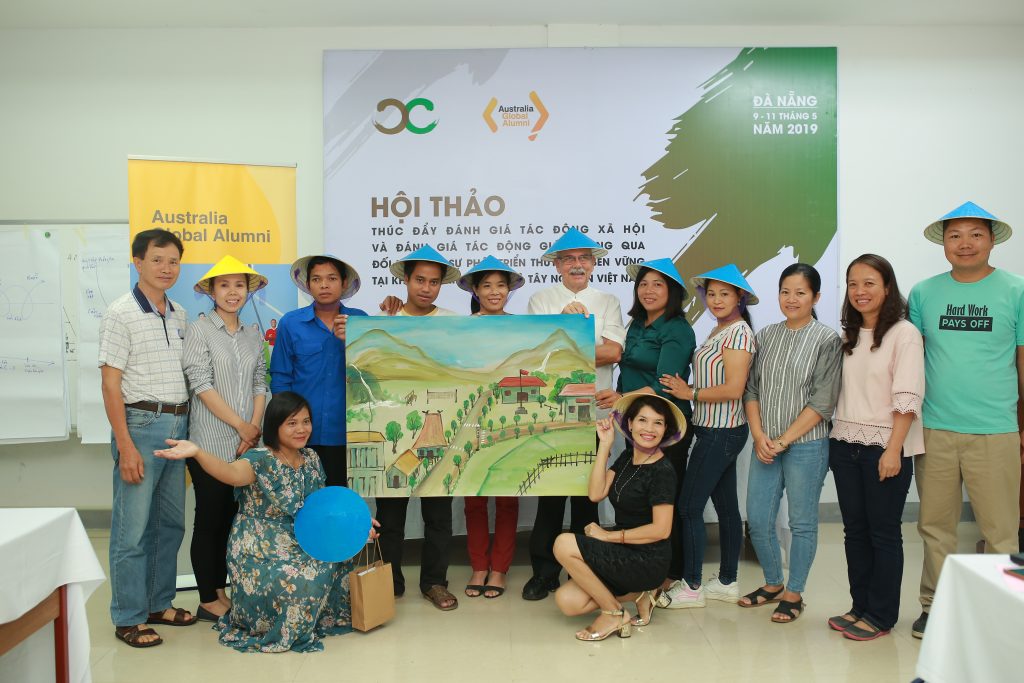
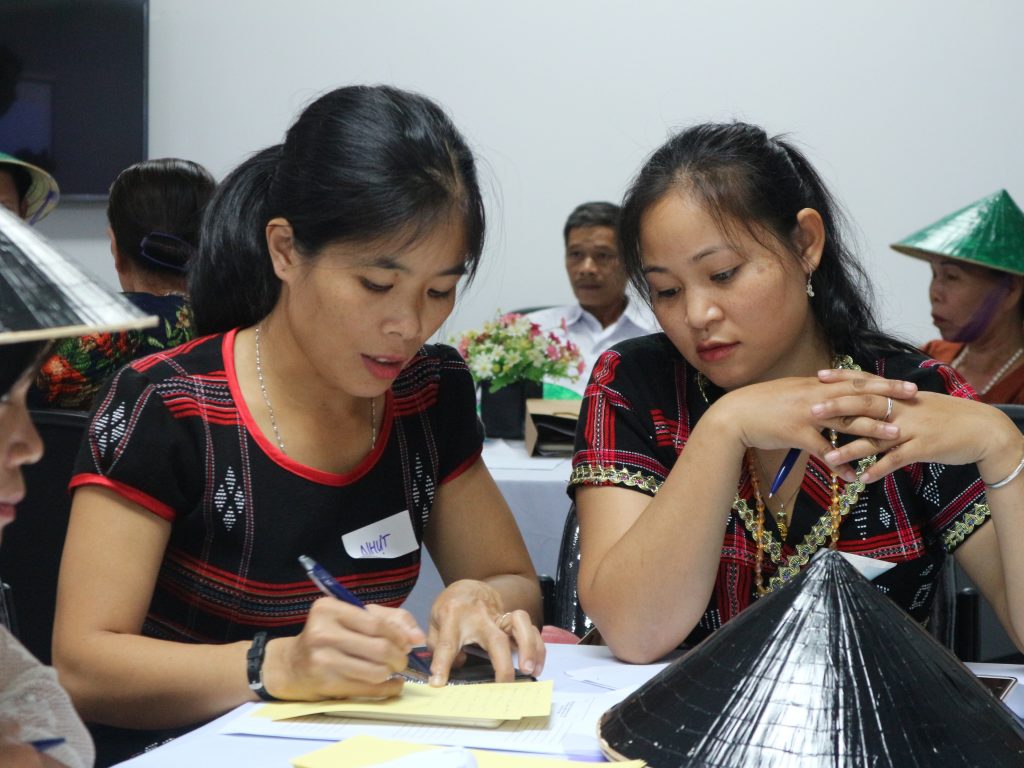
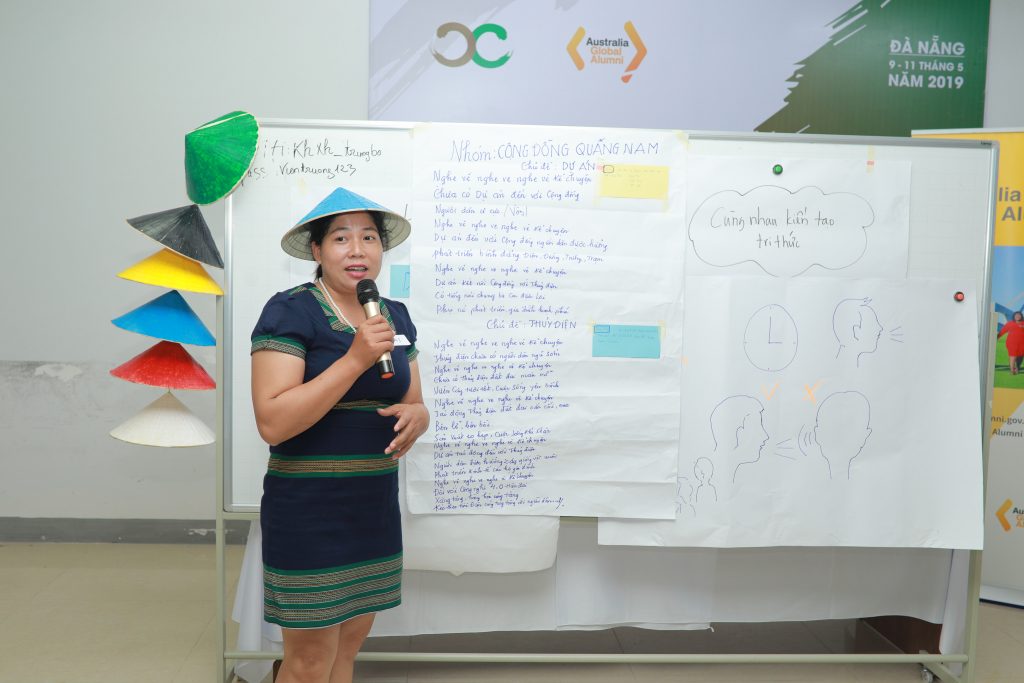
Assoc Prof Dr Ho Viet Hanh (President of ISSCR), in his opening speech, praised the significance of the workshop in making efforts to include different stakeholders in hydropower development in the region. The workshop was led by Dr Nguyen Quy Hanh – an Australian alumni and expert in impact assessment and development studies who has many years of working experience with hydropower-affected communities in the Central and Central Highlands Vietnam.
The conference attracted the participation of 40 representatives from the Central and Central Highlands Vietnam. The sharing, contribution and discussion of stakeholders in the Workshop provided a data source for CKC to develop and publish a publication entitled “Hydropower dialogues: Open mind, Open heart, Open Will” (Dialogue on hydropower: Expanding intellect, soul and action). The results of the workshop include recommendations to help develop future hydropower policies in the direction of promoting sustainable development of affected communities.

